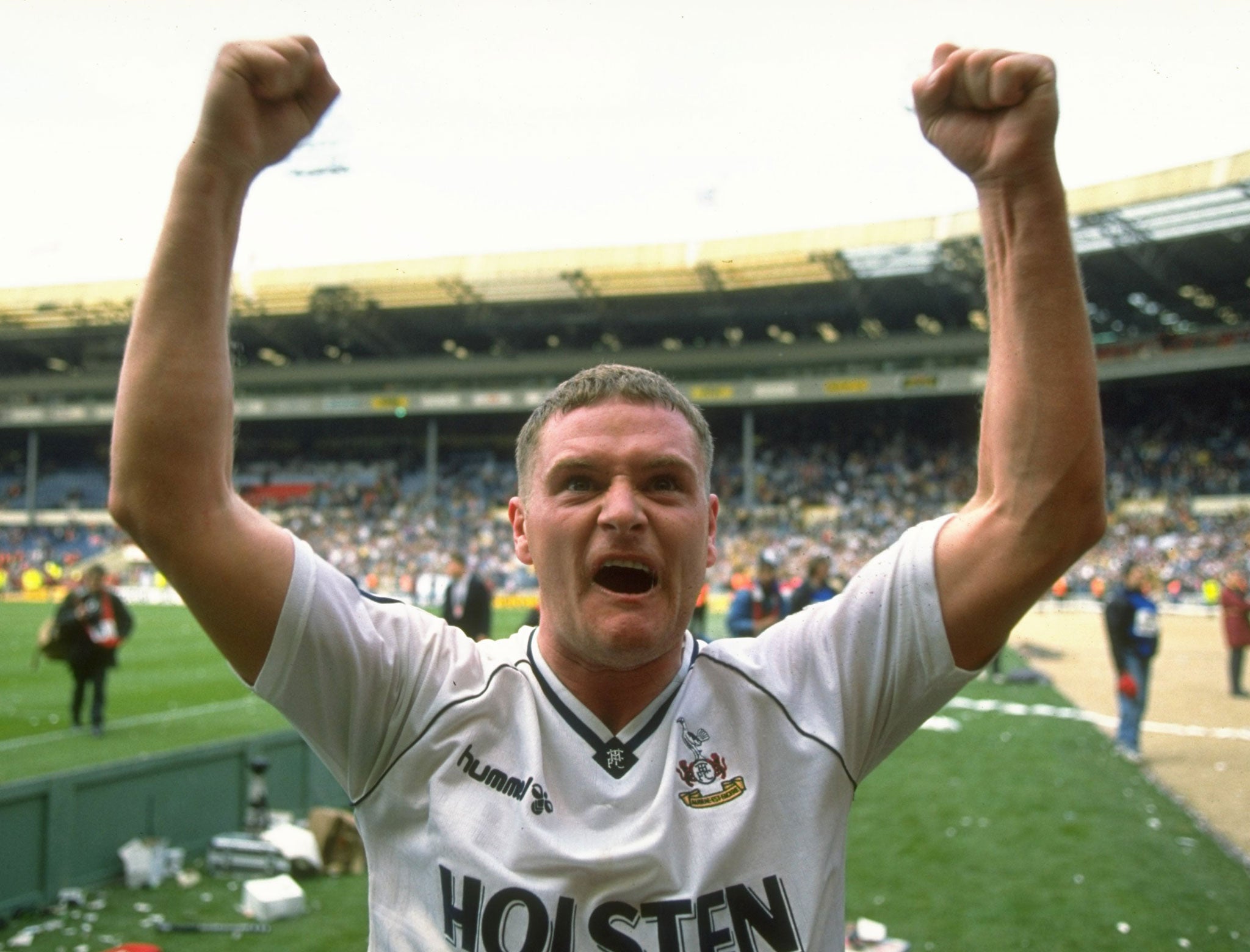Has football changed for good or ill since the advent of Sky? In many ways, it is a debate about the nature of modern Britain
From my narrow standpoint, things have got immeasurably better


My daughter doesn't remember football before the Premier League. She was only three years old when Rupert Murdoch's millions changed our national game for ever, his money bringing in the best players from around the world, allowing clubs to renovate their stadiums, and attracting the interest of foreign billionaire owners who wanted a piece of the action.
She thinks going to a football game is an exciting, glamorous and largely civilised pursuit. She doesn't remember what it used to be like: when fans were called “animals” by a government minister, were treated as such, and as a result sometimes behaved that way. A football stadium was not the place to take an impressionable young woman. I'm not saying that she confuses going to a match with a night at the theatre, but, from my narrow standpoint, the game has changed immeasurably for the better.
Football has provided a bonding agent between divorced father and teenaged daughter, for whom finding points of common interest might have been impossible otherwise. We will never lack for something to talk about. We have spent countless quality hours together on trips across the country and Europe. We have shared triumph, disaster and the odd Jamie Oliver chicken balti pie. And I had the ultimate burst of parental pride when, during a match at Norwich City, I turned round to see my daughter aiming a two-handed V-sign at Norwich supporters who were celebrating when a Manchester City goal was ruled offside.
This indulgent reverie was brought to my mind yesterday when listening to a radio phone-in that was ostensibly about Sky's allegedly heavy-handed tactics in sending private detectives into pubs who were thought to be showing football on foreign satellite systems, but turned into a wider discussion about whether football has been changed for good or ill since the advent of Sky. In many ways, it was a debate about the nature of modern Britain.
Many callers seemed to be lamenting the passing of an age of Bovril, the maximum wage and Jimmy Greaves. They regarded Sky as the acme of a greedy corporate behemoth, and football itself has become a sport that has lost touch with its roots, the province - at the highest level, at least - of multi-millionaire mercenaries (the players) and asset-stripping egomaniacs (the owners).
A common refrain was that the ordinary fan is priced out of the game, and certainly seat prices have galloped way ahead of inflation. But virtually every game in the Premier League is a sell-out. I would have thought that was a sign of success rather than failure. True, the game is very different today - more corporate, more venal - and there are aspects that I find hard to bear. And I bow to no one in a belief that Rupert Murdoch has been a malign influence on British society (I have the bruises to prove it, too).
Yet, as with so many aspects of modern life, progress upsets the old order. Like it or not, football has always been about money. It's just the sums are much bigger these days. But do I begrudge Yaya Toure's £200,000+ a week? Never. In fact, I think they should pay him some more.

Join our commenting forum
Join thought-provoking conversations, follow other Independent readers and see their replies